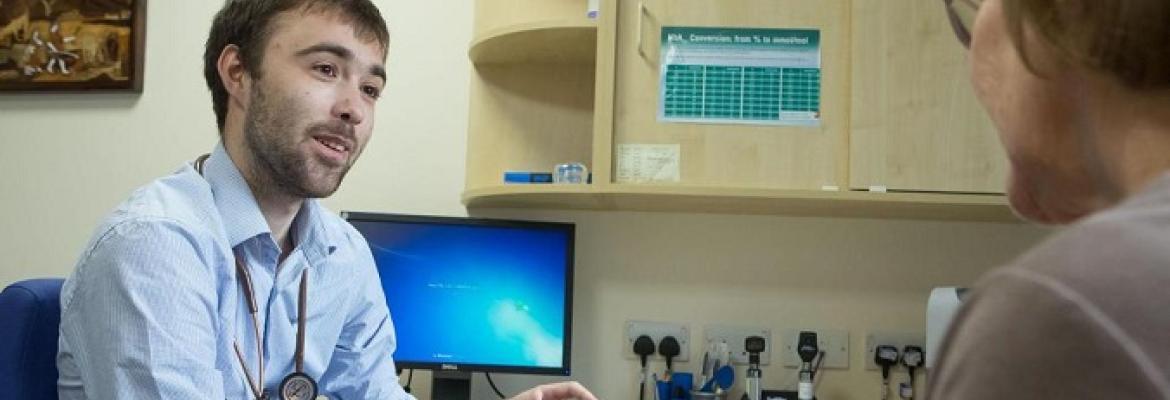The Colchester GPST Programme spans across the total area of North East Essex which is a wide geographical patch, with Colchester as the main city and many coastal towns. Please be aware that the GPST Scheme covers the whole of this area and many of our Training Practices lie in coastal and rural locations. We strongly advise you therefore if you do not already have a driving licence and access to a vehicle, you should utilise your first year in the scheme to achieve these as during your second and third years, you will be placed in Primary Care. In order to ensure that you have an enjoyable experience, our GP Trainees have put together these tips for you. Click below to read more:
Tuesday, 6 September, 2022
Make this a News Item?:
Show Between Dates:
Tuesday, 6 September, 2022
